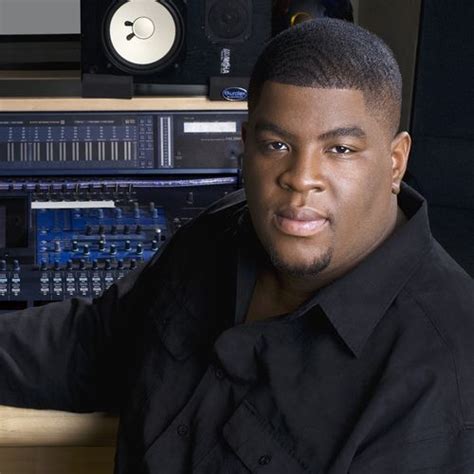A Quote by Billy Wilder
When Chaplin found a voice to say what was on his mind, he was like a child of eight writing lyrics for Beethoven's Ninth.
Related Quotes
The point of recapitulation in the first movement of Beethoven's Ninth Symphony unleashes one of the most horrifyingly violent episodes in the history of music....The point is not to hold up Beethoven as exceptionally monstrous. The Ninth Symphony is probably our most compelling articulation in music of the contradictory impulses that have organized patriarchal culture since the Enlightenment. Moreover, within the parameters of his own musical compositions, he may be heard as enacting a critique of narrative obligations that is...devestating.
During a rehearsal of Beethoven's Ninth Symphony the members of the orchestra were so overwhelmingly moved by the conducting of Arturo Toscanini that they rose as one man and applauded him. When the spontaneous cheering has subsided, Toscanini turned to his men, tears glistening in his eyes. "Please . . . please! Don't do this! You see, gentlemen, it isn't me you should applaud. It's Beethoven!"
Writing well isn't just a question of winsome expression, but of having found something big and true to say and having found the right words to say it in, of having seen something large and having found the right words to say it small, small enough to enter an individual mind so that the strong ideas of what the words are saying sound like sweet reason.
I think everyone has a story to tell. Part of what I do is help artists find their voice, not only their vocal voice, but their writing voice. Every artist that I worked with who has those records that everyone talks about, they are also writers. I like to say I helped support whatever their writing was so people heard the song clearly.
I'm not a culture snob. So while, of course, I think the Mozart 'Requiem' or, say, Beethoven's 'Ninth' are some of the greatest works of art in the history of humankind, that's not to say the Beatles or Queen or Simon and Garfunkel aren't brilliant, beautiful, important works of art that should be sung without a sense of irony.
In writing lyrics - well, for me, anyway - it's about getting into character, you know? 'Who is writing this?' In the case of the original 'Thick As A Brick,' supposedly a precocious, very young child who's fantasizing about his future and the context of all the confusing elements to which school boys are subjected at that time.
But somewhere, a child surprises himself with his endurance, his quick mind, his dexterous hands. Somewhere a child accomplishes with ease that which usually takes great effort. And this child, who has been blind to his past, but his heart still beats for the thrill of the race, this child's soul awakens. And a new champion walks among us.
Was it weird hearing from Jace?" asked Simon, his voice carefully neutral. "I mean, since you found out..." His voice trailed off. Yes?"said Clary, her voice sharply edged. "Since I found out what? That he's a killer transvestite who molests cats?" No wonder that cat of his hates everyone." Oh, shut up, Simon," Clary said crossly.






































